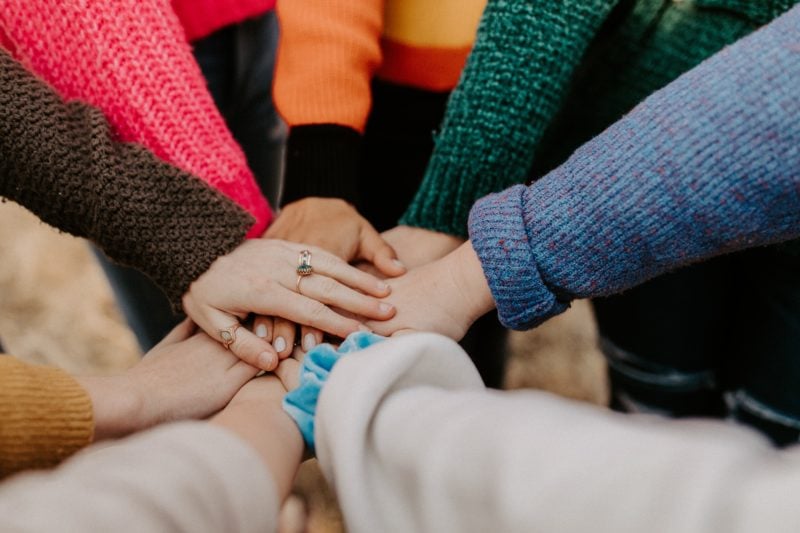So what are some ways that as we think we’re doing justice, we might be convinced and get this warm, fuzzy glow inside that we’re helping when we’re actually hurting? We think we’re making the world a better place when we’re actually making people worse off.
Let me give one concrete example of this: If we were to time warp back to the early 1970s in Chile, South America, a candidate was running as a socialist by the name of Salvador Allende. Now, many Christians rallied behind Allende because of the rhetoric that he was using and the bumper sticker slogans he was citing about caring for the poor, ending the wealth disparities, the huge gaps between the haves and the have-nots, lifting up the plight of the poor so that prosperity could be enjoyed by all Chileans.
And, many Christians heard that language and they thought, wait a second, the Bible says it commands us to care about the poor and marginalized, Allende cares about the poor and marginalized. Therefore we’re going to throw our Christian support behind Salvador Allende. They vote him into office and within the first year, true to his word, he begins to institute socialist policies. He collectivizes agriculture and within a year inflation skyrockets 600% and the poverty rate around Chile skyrockets – blast through the roof.
So the moral of that story is it’s not enough to just kind of virtue signal, “look we’re on the right side of history,” and “look, we care about ending racism because, you know, I have a BLM bumper sticker,” or I care about sexism because I’ve done X, Y, or Z. The fact is there are a lot of unintended consequences to a lot of the policies. It’s very important to do our homework as Christians because you see, we’re not merely to love the poor with our emotions, to love the oppressed with warm, fuzzy feelings. We should love them with our hearts, but also with our hands, there should be action there, but also with heads. And that means doing our homework to understand the ways that we think we’re helping that can actually hurt.
Let me give another concrete example of this that brings it a little more down to the individual level. I have met many students and have many friends who’ve gotten swept up into what I’ve been calling, “Social Justice B” ideology. And what it does, I often find, is it convinces them of this narrative: “I didn’t even realize it until I learned this stuff, but I’m constantly being oppressed. I never knew until I took this or that class, that the whole world is a Cis-hetero, patriarchal, white supremacist structure. That’s designed to keep me down. I never knew the entire system was stacked against me. I never knew all men are oppressive. I never knew white people all have privilege and all want to protect that privilege and assert their power to keep people of color down”.
So they begin to learn this social justice ideology. I have seen personally, with people I care deeply about, the unintended consequences of that kind of ideology on their psyches. How they go from being marked by love and joy and peace and patience to being riddled with anxiety, crushed with depression, marked by bitterness, easily offended, and just a paper-thin sense of being offended at virtually everything. And how their souls just kind of implode on themselves once they buy into these ideologies.
So let me say it like this. If we’re doing justice biblically, then we should do justice in a way that is consistent with God’s commands to “fear not.” “Fear not” is a command over and over and over, over a hundred times in the scripture. So if we’re doing the kind of justice that is actually inspiring fear and offendedness and triggeredness, then we aren’t doing God’s justice.
*Above text was transcribed from the video below
